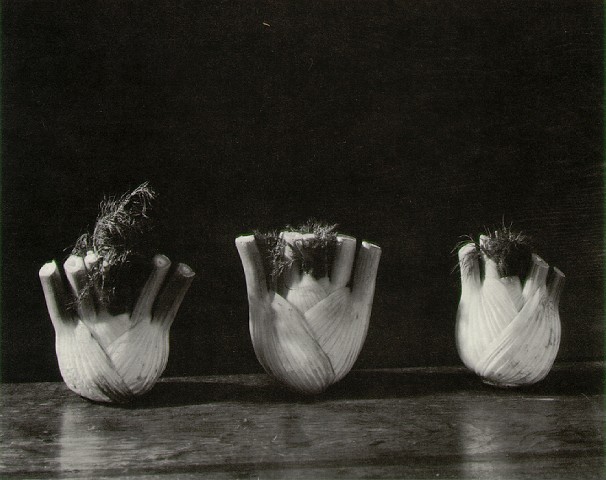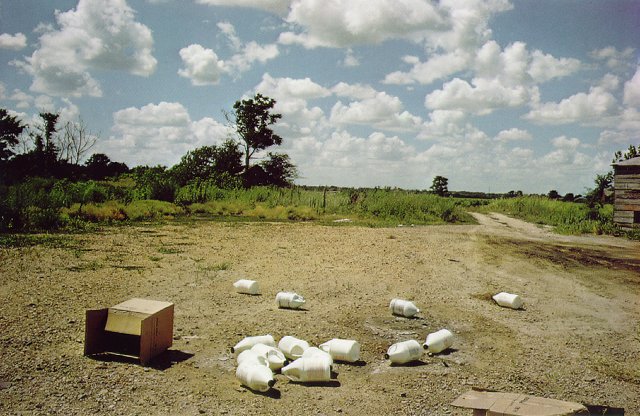
The next generation of great writers will need to fork over traditional prose in favor of cooking terms. “He walked through the crowd” will become “he sifted through the crowd” or even “she stir-fried her way between the hot peppers and leering meat at El Ray de Cabrito A Go-Go.” Conventional plot elements must give way to more modern epicurean concepts. Romantic buildup is a slow marinade—character development a thorough deglazing. “They hung out and ate avocados and turned the living room into a big bed.” (source)
Age: To control a food’s aging process to improve its texture, flavor or both.
Rot: too much age.
Blend: To mix two or more ingredients together until combined.
Blonde: Do they have to be different?
Bread: To coat food with bread, cracker or other crumbs. Usually the food is dipped into a liquid (beaten eggs, milk, beer, etc.) before it is coated.
Dead: Not alive.
Undead Bread: Bread that you won’t eat, but won’t throw away either.
Brown: To cook food quickly over high heat until the surface turns brown. This method allows the juices to stay sealed in and is usually done in a broiler or on a stove top.
Ignore: To walk quickly past a cut of meat without buying it. This method allows the juices to stay really sealed in and is usually done in a supermarket or boucherie.
Ignore from home: To stay at home, watch T.V. and order a pizza. This method also allows the juices to stay sealed in and is usually done from a couch or chair.
Chop: To cut food into pieces ranging from small (finely chopped) to large (coarsely chopped). See hash.
Chopin: Famous Northern Iranian composer noted for his liberal use of hash and love of coarsely chopped beets.
Dash: A small quantity measuring three drops to ¼ teaspoon.
Baywatch: a small quantity measuring three trollops, five dips, and an old teaspoon.
Emulsify: To bind together substances which under normal conditions will not mix, such as oil and water. Egg yolk is a commonly used emulsifier.
Tulsify: To bind together beliefs and values which under normal conditions would not make any sense.
Grate: To shred solid food by rubbing against the small, sharp-edged holes of a grater.
Grate finger: To shred solid finger by rubbing against the small, sharp-edged holes of a grater because you just had to get it all, didn’t you? P.S. Go in your kitchen cabinet right now. Look at your grater. Now wash it!
Hash: To chop or mince foods into very finely chopped pieces. Also the name of an American dish composed of small pieces of meat, potatoes and seasonings.
Rehash: To tell stories about the time you chopped that food into very small pieces.
Purée: To mash food until it is completely smooth, usually to make into a soup.
Puree: To put food in a blender and press puree.

Poison Control
“Hello, you have reached—”
“Is this the Colgate hotline?”
“Yes, how can we help you today?”
“I just swallowed an entire tube of your baking soda and peroxide toothpaste.”
“Fresh mint or clean mint?”
“Am I going to die?”